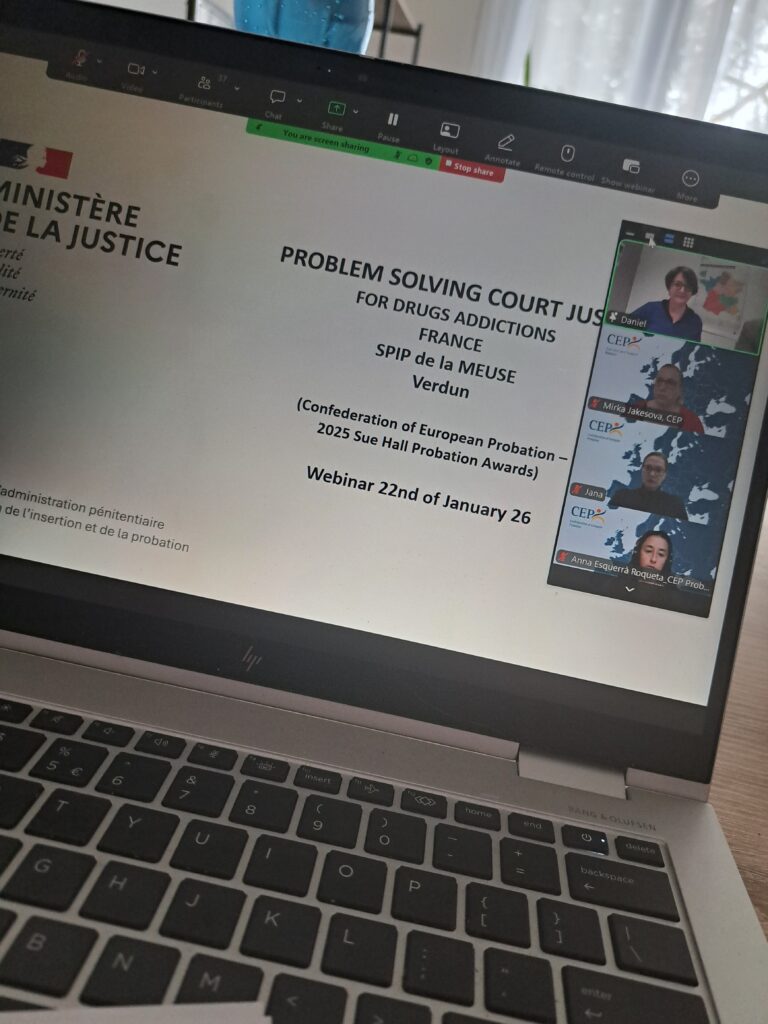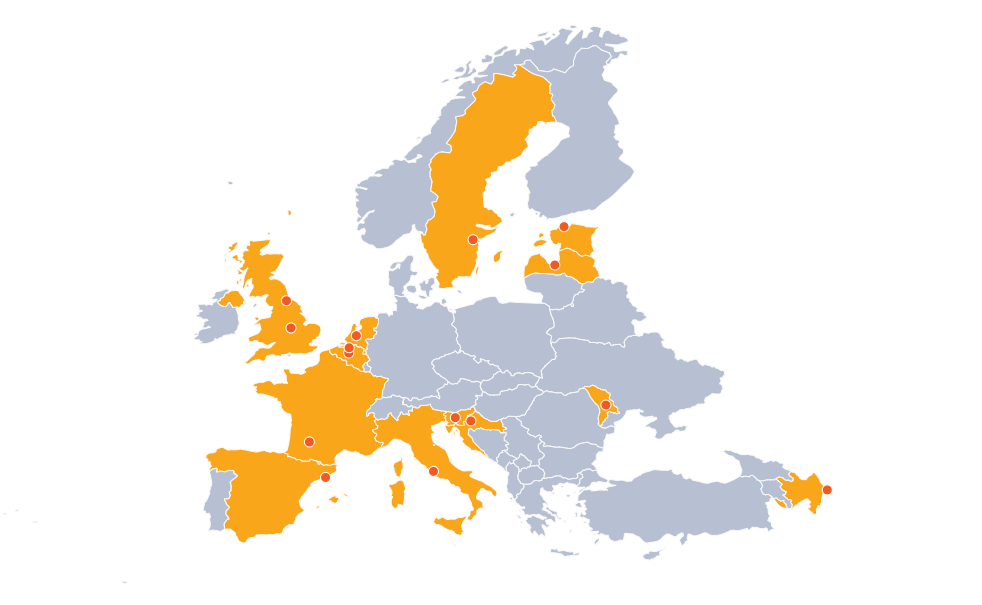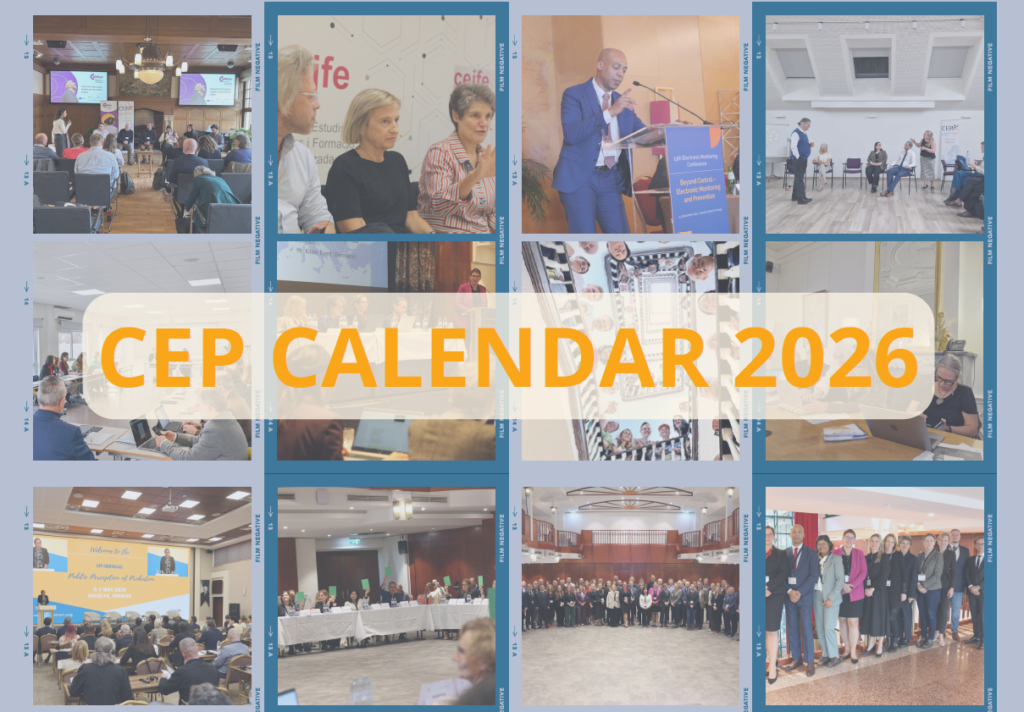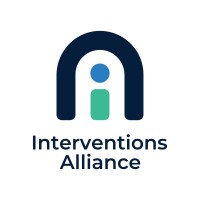Previous Article
News
Apps, tags, tracks: Ten questions about uses of technology in probation
This is an article by Dr. Hannah Graham, Senior Lecturer in Criminology in the Scottish Centre for Crime and Justice Research (SCCJR), Faculty of Social Sciences at the University of Stirling, Scotland. In this article, Dr. Hannah Graham explores some of the issues and questions she raised in her plenary presentation at the CEP European Electronic Monitoring conference in Zagreb, Croatia in April 2018. At the conference, Hannah presented and co-led a workshop alongside Deborah Thompson from the Dutch Probation Service on innovative uses of apps and electronic monitoring technologies in probation.
Technology, especially electronic monitoring (EM) technology, has been used in some probation and community justice settings for decades. Yet with the advent of more options and emerging potential to integrate different functions, a myriad of questions arise. These questions are not so much about practicalities such as battery life or losing internet and satellite signal in rural areas, but are more focused on the ‘who?’, ‘what?’ and ‘why?’ questions of using technology in probation.
Ten questions for discussion and reflection
Here are ten overarching questions (with a few added questions beneath!) about app and electronic monitoring technologies that are worth exploring:
- What are the most important purposes underpinning why online tools and app technologies can be used in probation?
- Motivating and monitoring compliance?
- Providing information: access to services, tools, resources for reintegration?
- Encouraging reflection and insight towards desistance?
- Promoting communication and engagement with probation?
- Risk management and control?
- Others?
- What are the key ethical considerations in advancing more innovative uses of apps and electronic monitoring technologies in probation?
- What are the opportunities and the problems or barriers of integrating uses of apps and electronic monitoring technologies in probation?
- In light of these, what are the implications of integration of functions and information for compliance, enforcement and breach?
- Who owns the app data and/or the EM data? Who can authorise access to the data and why? Do probationers have a choice or say in how and by whom the data they provide is used?
- How are criminal justice apps, their uses and users different to those in (e)health?
- Should uses of apps and electronic monitoring technologies in criminal justice be tailored to assessed levels of criminogenic risk? Why/Why not?
- How do increasing uses of technology affect probation work? How are such uses influenced by probation practitioner cultures, professional ideologies, values, localism and working conditions? (See Jake Phillips, 2017 and Hannah Graham and Gill McIvor, 2017)
- How might we learn from and be led by coproduction? That is, listening to the voices and experiences of people who use the technology in real-world contexts, and working with them in egalitarian and mutually beneficial ways to advance (or reform) it.
- Are tag, watch or (foreseeably) patch body-worn technologies needed for electronic monitoring in probation and community justice? Can uses of apps and digital devices such as smartphones realise a sufficient level of monitoring and other goals?
- How might societal conditions, politics and structural influences affect uses and users of apps and electronic monitoring technologies in criminal justice? For example, in times of austerity, governments may favour digitally-enabled ‘self-management’ tools on the basis that they are possibly cheaper. Another example is if a political and public atmosphere of punitive penal populism leads to uses of technology that are not proportionate or procedurally just.
The first three questions formed the basis of interactive discussions in the CEP EM conference workshop I co-designed and co-led with Deborah Thompson (Netherlands), supported by Pedro Ferreira Marum (Belgium) and Imants Jurevicius (Latvia). Workshop participants from around the world recognised the opportunities and potential benefits of apps and EM technologies in probation and community justice. A collective sense of modest optimism about the potential uses of such technologies was tempered by wise acknowledgement of ethical and practical considerations, including: proportionality, punitive uses compared to change and desistance-oriented uses, informed consent, choice, decision-making, staff workload implications and skillsets, privacy, data protection and integration with probation staff and client portals and digital desks (who can see what?), and potential issues of inequality for users.
No matter what technology can do, we must never lose sight of why it is being used, or if it needs to be used in certain cases at all. New uses of technology are not necessarily innovative if they are not ethical and effective, and this area is fertile ground warranting further research.

Build upon (and stay within) internationally agreed standards
In leading a major international electronic monitoring conference, as well as smaller meetings about apps and probation, the Confederation of European Probation (CEP) has a valuable international leadership role for shaping discussions and sharing learning across borders. At the 2018 conference, I argued that, whether well-established or cutting-edge and emergent, uses of technology in European probation services and systems need to be anchored in important internationally agreed standards and rules. These include:
- European recommendation on electronic monitoring CM/Rec(2014)4;
- Council of Europe standards and ethics in electronic monitoring (Nellis, 2015);
- Compendium of conventions, recommendations and resolutions relating to prisons and community sanctions and measures (2017);
- European rules on community sanctions and measures CM/Rec(2017)3;
- European general data protection regulation (GDPR), including the EU Directive 2016/680 on data protection in the police and criminal justice sectors.
Crucially, domestic as well as European policy, practice and regulatory guidance need to keep up with the pace of technological change (and entrepreneurial ambitions which might drive it) and its potential applications and integration within probation and community justice (see Stuart Ross, 2018). This is about advancing uses of tech in ways which do not lose sight of intended purposes (‘goal-oriented uses’ as the Dutch say), nor in ways which depart from the foundational principles and standards in which such goals stay safely anchored.

Related News
Keep up to date with the latest developments, stories, and updates on probation from across Europe and beyond. Find relevant news and insights shaping the field today.
New

Alternatives to pre-trial detention, Community Sanctions and Measures, Framework Decisions, Technology
Future of Criminal Justice: CEP’s Contribution to Key 2025 Dialogues
27/01/2026
Throughout 2025, CEP and its representatives actively participated in the online Technical meetings ahead of the HLF as well as the High Level Forum on Future of Criminal Justice taking place on 4-5 March 2025, 20-21 May 2025 and 1-2 October 2025 in Brussels, Belgium.
Recap

Alternatives to pre-trial detention
Recap: Webinar on Alternatives to Detention 2026
26/01/2026
On Thursday 22 January, CEP hosted the first webinar of 2025 on the topic of Alternatives to Detention. The session led by Ms. Marina Pajoni from the French Prison and Probation Service titled „Problem Solving Justice in Pracitce: The Meuse Probation Service´s Approach to Drug Addiction“ introduced an innovative programme developed by the Meuse Probation Service in close cooperation with the French Ministry of Justice.
New

Education and Training
CEP launches an interactive European map of probation education and training institution contacts
22/01/2026
The CEP is pleased to inform its members that a new dedicated section has been developed on the CEP website featuring an interactive map of Europe.
New

CEP Events
CEP activity calendar 2026
20/01/2026
As we begin the new year, we would like to thank all CEP members, partners, and participants for your continued engagement and valuable contributions. Your involvement plays an essential role in shaping CEP’s work and activities.
We are pleased to share the CEP calendar for 2026, which provides an overview of the events planned for the year ahead. We look forward to continuing our collaboration and welcoming you to upcoming CEP activities throughout the year.
Thank you for being part of the CEP community.
New

CEP members, Gender-based violence
Interventions Alliance’s Eden House Recognized as Outstanding
15/01/2026
CEP is delighted to share that Eden House, an Interventions Alliance residential service for women with high-risk or complex needs on probation, has been rated “Outstanding” overall by HM Inspectorate of Probation. In 2022, Eden House was honored with the CEP Public Protection Award. Our sincere congratulations to the team for this remarkable achievement.
New

Education and Training
The Judicial Training Dashboard
14/01/2026
The European Training Platform (ETP) is a search tool for justice professionals. You can find self-learning materials on a great variety of EU law practice areas and related topics, as well as links to training providers’ homepages and course catalogues.
Subscribe to our bi-monthly email newsletter!
"*" indicates required fields
- Keep up to date with important probation developments and insights.

